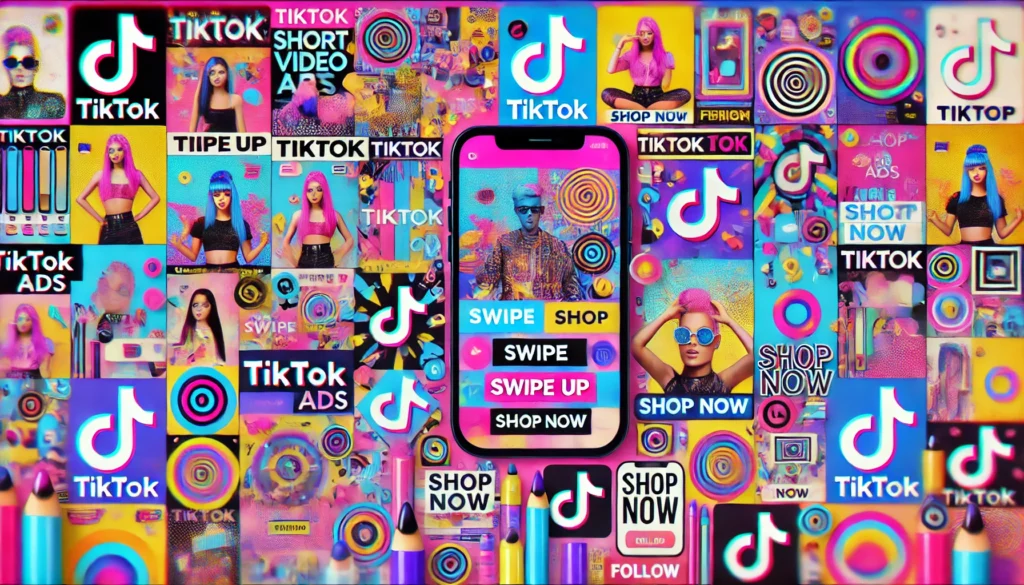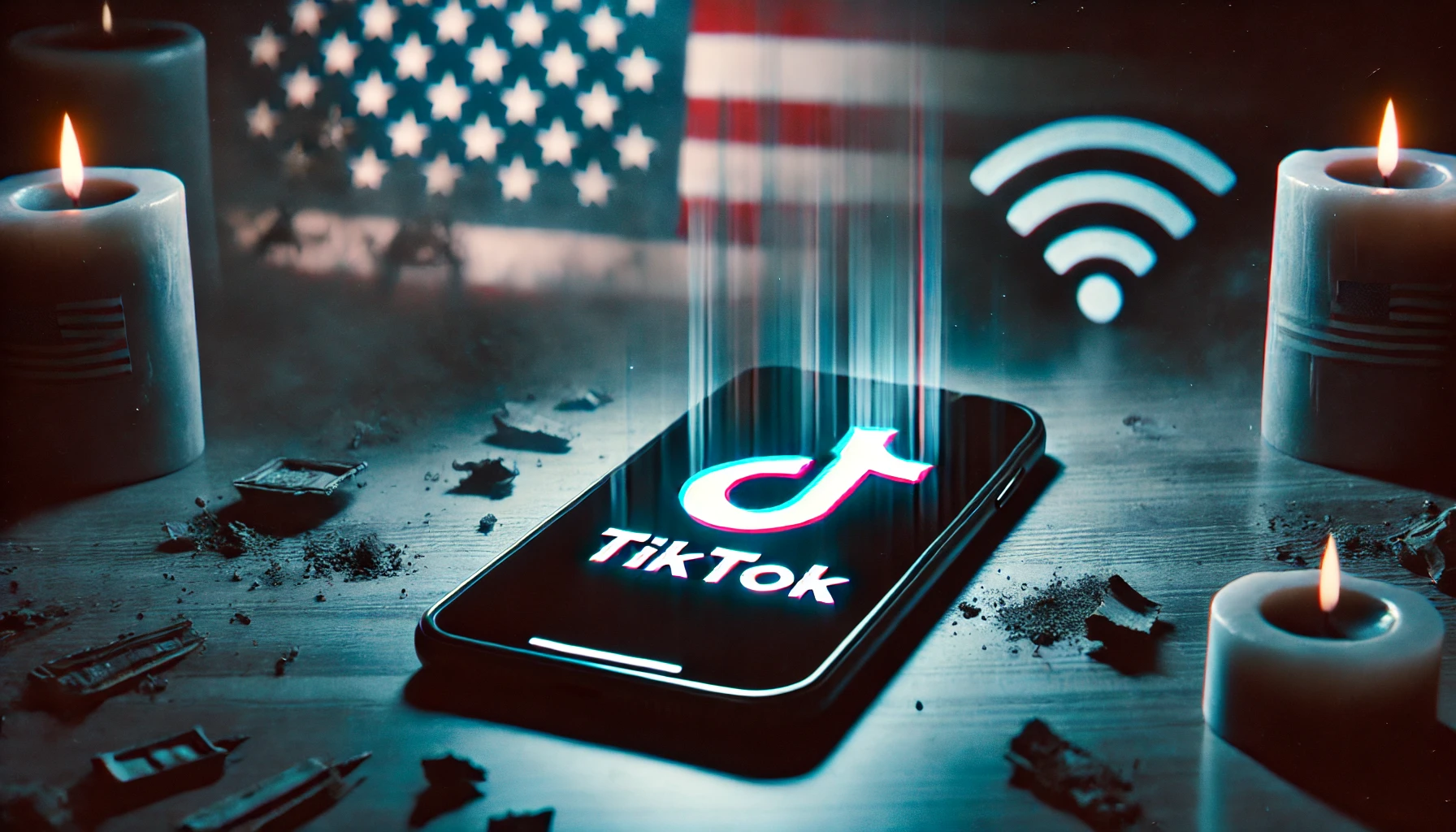On January 19, 2025, TikTok officially went dark for users in the United States, as the Supreme Court ruled to ban the app without severing ties with its Chinese parent company, ByteDance. The sudden shutdown has affected more than 170 million American users who are now receiving messages that the app is no longer available. The law, driven by national security concerns, would require major platforms like Apple and Google to remove TikTok from their app stores. Although President-elect Donald Trump has expressed his intention to find a political solution, TikTok’s immediate future in the United States is uncertain, causing significant concern among advocates of free speech.

Background and Legal Proceedings
Concerns about TikTok have focused on data privacy and national security threats posed by its Chinese parent company, ByteDance. In April 2024, Congress passed a bipartisan law to ban the app until it is separated from ByteDance, citing concerns about the Chinese government’s access to user data and manipulation of content. TikTok appealed the law in January 2025, claiming it violated First Amendment rights, but the Supreme Court upheld the ban on January 17, saying divestiture was necessary to address national security concerns, in which case Congress prioritised security over freedom of expression.
Immediate Effects of the Ruling
Following the Supreme Court’s decision, TikTok announced that it would cease operations in the United States on January 19 unless immediate intervention occurred from President Biden or President-elect Donald Trump. As of January 19, TikTok has indeed gone dark for U.S. users; attempts to access the app resulted in notifications indicating that it was unavailable due to a legal ban.The ruling mandated not only the removal of TikTok from app stores but also compelled web-hosting services to discontinue support for the app, which could lead to substantial operational challenges for app.
Political Reactions and Future Implications
President-elect Donald Trump has expressed intentions to explore a “political resolution” regarding TikTok’s future. During an interview following the Supreme Court ruling, he indicated that while he respects the court’s decision, he is open to finding ways to preserve TikTok’s presence in the U.S. Trump’s administration may consider reviving previous proposals like Project Texas, which aims to mitigate national security risks by placing data oversight under U.S.-based companies.Some lawmakers have voiced their support for a sale of TikTok to an American company as a potential solution. However, they also expressed frustration over China’s role in obstructing such sales. The complexity of these negotiations and the political landscape surrounding them will be critical in determining whether TikTok can resume operations.
Public Backlash and Free Speech Concerns
The shutdown has sparked significant backlash from free speech advocates who argue that this move resembles governmental censorship. Organisations like PEN America have condemned the ruling as an infringement on media access and expression rights. Furthermore, experts have noted that if such bans become commonplace, they could lead to increased fragmentation of internet access along national lines.

